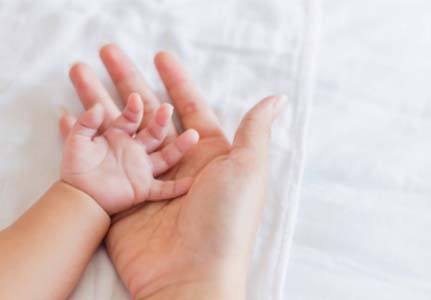Ukraine – Rare Disease Resource Centre | Україна – Ресурсний центр з рідкісних захворювань
This is a resource for people living with a rare disease from Ukraine, both those who are currently in the country and those who have sought refuge in the EU. It is also for the patient organisations looking to help em.
Please note that this webpage is in progress and will be updated regularly.
If you have relevant information to share, please contact us at ukraine@eurordis.org.
You can also follow us on Telegram: https://t.me/sosrarediseases
Щоб відображити цю сторінку українською мовою, натисність тут. To display this page in Ukrainian, click here.
-
Staying in Ukraine
Many people with rare or chronic conditions are unable to travel and so are remaining in Ukraine. We hope to link to information on how those in Ukraine can get the support they need, and will update this page accordingly.
Access to health care & medicines
The following organisations have reported successfully distributing medicines and supplies:
- RAZOM
- Various branches of the Red Cross and Médecins Sans Frontières are active in Ukraine and on the borders .
- The delivery and logistics company Nova Poshta is making some deliveries from select countries directly to the Ukrainian Department of Defence.
Transport options
- MOAS has reported successfully evacuating patients through medical transport.
Organisations that provide support
Contact EURORDIS Members in Ukraine
Please note that if you have entered the European Union, there are patient organisations that are willing to help.
Additional resources
Ukraine, in an emergency order dated 03/03/2022 № 406, has allowed the import of medicines into the territory of Ukraine without complying with the requirements of Part 1 of Art. 17 of the Law of Ukraine “On Medicinal Products”. This means that certification or procedures that would delay the transportation of medicine, such as licences, requirements to use only certified means of transport or strict storage conditions, have been removed.
***
If you have relevant information to share, please contact us at ukraine@eurordis.org
-
Seeking to leave
Prepare to leave
If possible, please take valid travel documents with you when leaving. However, the lack of travel documents or medical documents (certificate of vaccination, COVID-19 test) should not be an obstacle to entering the EU.
All EU countries bordering Ukraine are allowing entry to all people fleeing war in Ukraine on humanitarian grounds regardless of whether or not you have a biometric passport. This applies also to children. If you have Ukrainian nationality and a biometric passport, you can enter the EU by presenting your passport at the border. For all the other cases, Member States will admit you on humanitarian grounds.
Transport options and accommodation
- MOAS has reported successfully evacuating patients through medical transport
We have seen very impressive examples of grassroots efforts of EURORDIS member patient organisations supporting vulnerable patients to cross the border safely and access appropriate accommodation and care on the border. Organisations like Fundacja SMA, SMA Polska, and NoRo in Romania have set mobilised effective networks to support dozens of families to safely cross into Poland, Romania and elsewhere and get access to care on the other side.
- A EURORDIS and Airbnb.org collaboration to support rare disease patients leaving Ukraine
EURORDIS – Rare Diseases Europe is proud to be working with Airbnb.org to support the Ukrainian rare disease community in accessing free, short-term housing outside of Ukraine.
If you or a member of your immediate family are living with a rare disease, fleeing Ukraine or are already displaced from Ukraine, and in need of short-term housing outside of Ukraine*, please follow this link.
Eligibility
The Ukrainian Government has simplified the border crossing procedure for certain categories of people with disabilities and their carers. In particular, according to the decision of the Government, people with disabilities (groups I and II), regardless of their age, have the right to cross the state border of Ukraine. Also, the Government stated that each person with disability who needs constant care can be accompanied by one of the first-degree relatives (direct family members) who reached 18 years of age or another person of 18 years of age or older who provides care in accordance with the Ukrainian law. More information
What would be your rights
Once you have crossed into the EU you have a number of options depending on your personal circumstances. The authorities will inform you accordingly about your rights. Thanks to a solidarity mechanism set up by the Commission, people in urgent need of specialised hospital treatment can be quickly transferred between Member States for such treatments, with 10,000 beds already available.
-
Border countries
Slovakia
If you are coming from Ukraine, the Slovak Government has established an official website with useful information and important contacts in English, Ukrainian and Slovak: https://ua.gov.sk/en.html
Other useful information and contacts can be found in English, Ukrainian, Slovak, Russian at: http://www.ukraineslovakia.sk/
Updates
Katka Stepankova from the Slovak Cystic Fibrosis Association helps families with CF leaving Ukraine at the Slovak border. She also helps to provide medicines. She is looking for families in Slovakia who can help people with rare diseases fleeing the war.
Poland
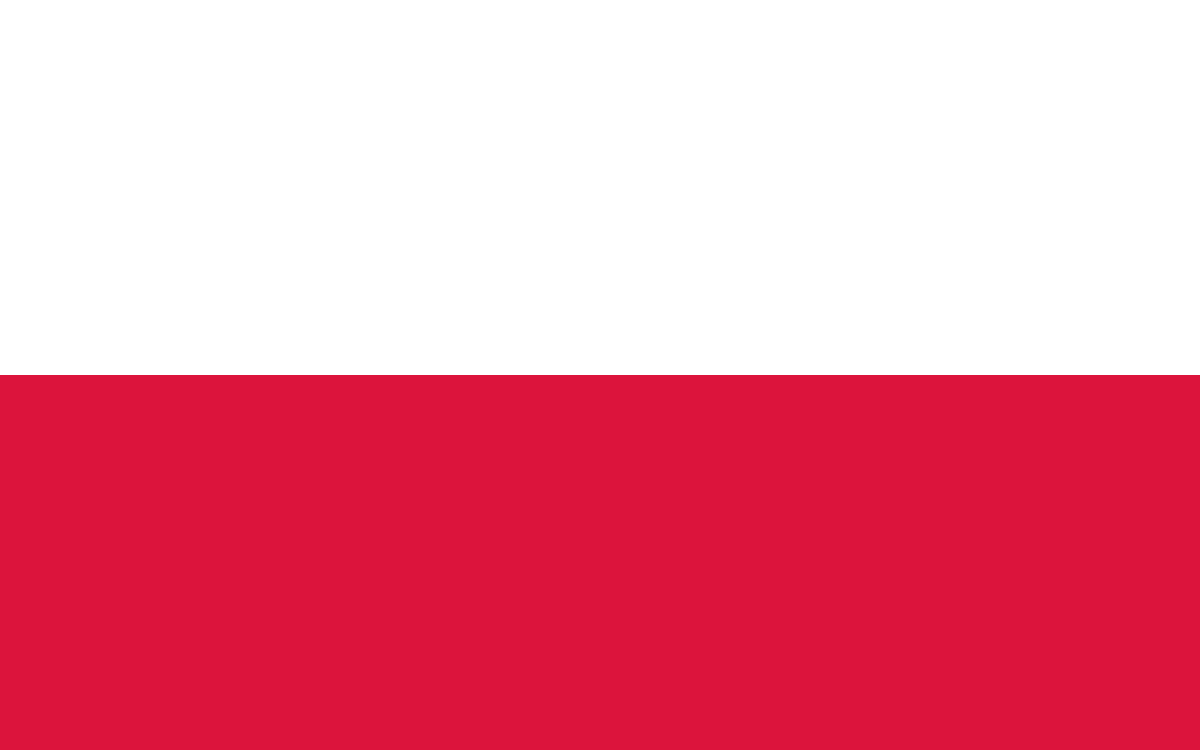
The Polish government has established a phone line +48 47 721 75 75, e-mail ukraina@udsc.gov.pl and an official website https://www.gov.pl/web/ua with information and resources for Ukrainians.
Are you fleeing the war and looking for help? Do you want to help refugees? – PomagamUkrainie.gov.pl enables coordination of humanitarian aid. It is a tool for people in need of aid, as well as organisations and individuals interested in providing it. Support will be provided from the Government Strategic Reserve Agency and other state institutions, as well as from local government, social and private funds.
Medical assistance helpline (free of charge) – 800 137 200 First contact assistance in UA, EN and PL set up by the Polish government.
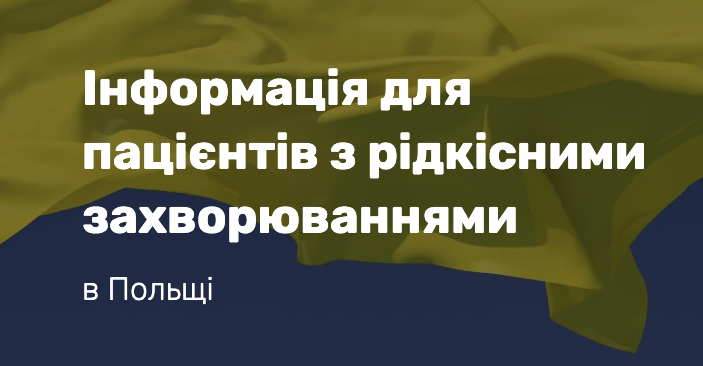 Information for patients with rare diseases in Poland: patient organisations https://www.ridkisnikhvoroby.pl
Information for patients with rare diseases in Poland: patient organisations https://www.ridkisnikhvoroby.plUNHCR created the ‘HELP’ website for refugees and asylum-seekers in Poland, their family members, and people who assist them. On this website you will find useful information and web links.
Support services in Poland for specific rare diseases:
- https://www.ridkisnikhvoroby.pl – resource centre for for patients with rare diseases in Poland – verified list of disease-specific organizations, legal guidelines, comprehensive Q&A
- https://www.imunodefitsyt.pl – resource centre for Ukrainian patients with immunodeficiencies in Poland
- For patients living with SMA / Інформація для пацієнтів зі СМА
- Message from the President of the Board of the Mucopolysaccharidosis (MPS) and Rare Diseases Association. For support, please contact: biuro@chorobyrzadkie.pl
- For patients living with 22q11 deletion syndrome, please contact 22q11 Polska by telephone +48 696410364 or by email kontakt@22q11.pl
Updates:
- EURORDIS has published a report highlighting key issues and recommendations to support families affected by a rare disease displaced from Ukraine to Poland. This report was completed in collaboration with a number of organisations working in Poland and Ukraine.
- Polish MoH has appointed a special representative to coordinate the treatment and transfer of Ukrainian patients. More info
- A new website established by Witold Wydmański connects refugees seeking medical assistance with doctors who want to provide it free of charge: lekarzedlaukrainy.pl
- Since the day the war broke out, eduinstitute.org has been supporting patients with rare diseases who are fleeing the horrors of war. They help them both in Ukraine and after reaching Poland. Read their full report here.
Hungary

Rare diseases in Hungary
- National alliance in Hungary – Rare Diseases Hungary
- Rescue Information Centre and Helpline :+36 1 790 4533
- List of rare disease patient organisations in Hungary
Protection for arrivals from Ukraine
If you are arriving to Hungary from Ukraine, you may be entitled to temporary protection in Hungary. For more information, see guidance from the Hungarian Helsinki Committee in Hungarian, Ukrainian, English, Russian.
Guidance from the Menedék Association in Hungarian, Ukrainian, Russian and English here.
For legal aid, contact the Hungarian Helsinki Committee:
- Website in Hungarian: https://helsinki.hu/segitseg-kerese/menekultek-kulfoldiek/
- Website in English: https://helsinki.hu/en/howcanwehelp/refugee-and-migrant-rights/
- Email: helsinki@helsinki.hu
- Phone: +361 321 4323 (Monday/Thursday 10.00-18.00, Tuesday 10.00-17.00
For social support and information, contact the Menedék Association:
- Website in Hungarian: https://menedek.hu/
- Website in English: https://menedek.hu/en
- Email: menedek@menedek.hu
- Phone: +36 1 322 1502
UNHCR’s contact in Hungary:
- Email: hunbu@unhcr.org
- Phone: +36 1 336 3060
Moldova
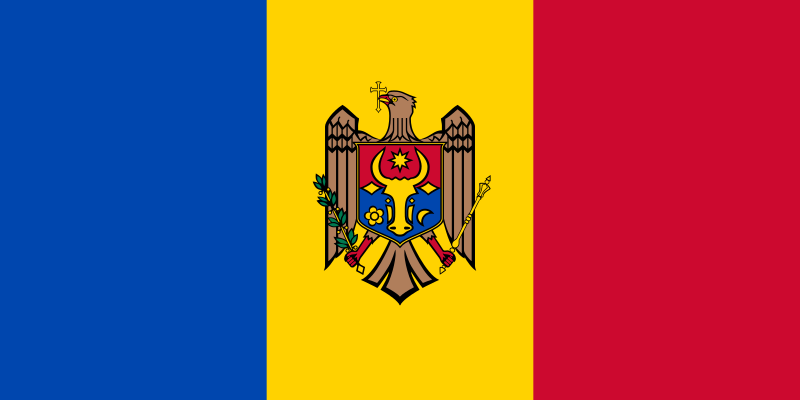
Useful information for citizens of Ukraine in Moldova
https://dopomoga.gov.md/Hotline of the Bureau for Migration and Asylum (call from Moldova) 0 800 015 27
Hotline of the Bureau for Migration and Asylum (call from Ukraine) +373 22 820 007
Romania
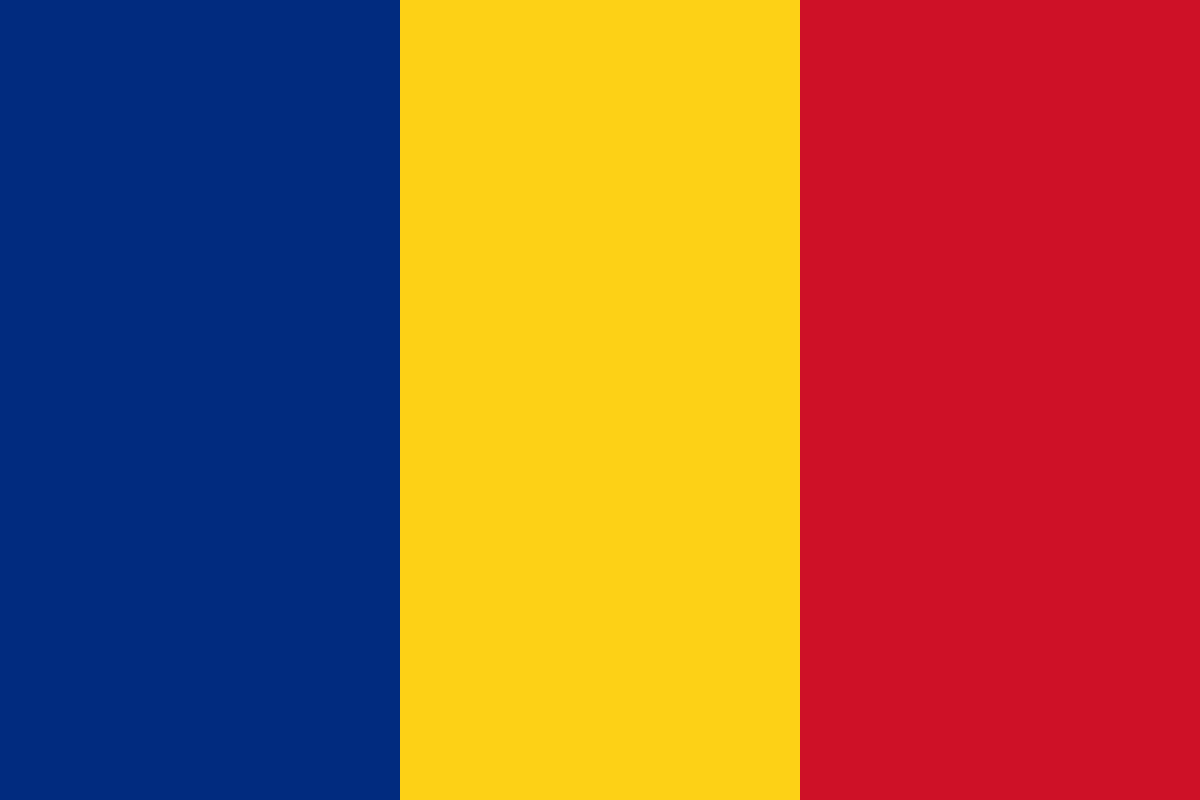
Ukrainians fleeing war at home are welcomed to Romania
Anybody fleeing Ukraine can enter Romania through any of the official border crossings. Ukrainian nationals carrying any valid passport can enter Romania on a short stay status for 90 days and ask for asylum either immediately or at any later point during their stay. Those who do not hold any passport can enter Romania by seeking asylum status at the border crossing.
On this platform created by Code for Romania in partnership with the Department of Emergency Situations of the Ministry of Internal Affairs, the UN Refugee Agency, the International Organization for Migration and the Romanian National Council for Refugees civilians fleeing the war in Ukraine can find all relevant information about seeking protection in Romania.
- Who and how can enter Romania?
- Traveling to/from Romania and situation at the borders
- Claiming asylum

The Romanian government has made a decision that refugees from Ukraine, no matter if they decide to apply for asylum or other form of protection, will benefit among other things of: primary medical assistance and treatment, emergency medical assistance, long term medical assistance and treatment for acute or chronic diseases that are a direct threat to their lives, the national medical assistance, national health programs.
Rare Diseases in Romania
- EURORDIS Members in Romania
- Romanian National Alliance for Rare Diseases. Email: office@bolirareromania.ro
- www.riskalert.ro offers telemedicine for patients who arrive in Romania but also for those that remain at home. They have volunteer doctors and if needed can involve translators.
The Romanian National Alliance is working with charities and organisations at the border entries to help people with a rare disease to connect to relevant specialty centres.
Updates
- The Red Cross Romania is using the humanitarian corridor to Cernauti and sending transports every week.
-
Other European countries
Austria Finland Luxembourg Information for Ukrainian Citizens in Austria
https://cutt.ly/4AOuGW3Help in Austria
https://cutt.ly/cAOiVmiIf you are in urgent need of assistance, please contact the hotline:
+43 1 2676 870 9460Pro Rare Austria, Allianz für seltenen Erkrankungen
prorare-austria.org
office@prorare-austria.orgInstructions on arriving in Finland from Ukraine
https://cutt.ly/HAA7f2NHARSO-Rare Disease Alliance Finland
www.harso.fi/en/home/
international@harso.fiArrival of people fleeing the war in Ukraine
https://cutt.ly/yAA6Wa4Hotline managed by Caritas and the Red Cross, with the support of the Ministry of Family Affairs
+352 621 796 780ALAN – Maladies Rares Luxembourg
www.alan.lu
info@alan.luBelgium
France
Malta
Immigration office, Ukraine
https://cutt.ly/8AStHhdFederal Government’s Information website
https://info-ukraine.be/enRare Disease Organisation Belgium (RaDiOrg Belgium)
www.radiorg.be
info@radiorg.beInformation for Ukrainian citizens wishing to enter French territory and/or stay here
https://refugies.info/enAlliance Maladies Rares
French Rare Diseases Alliance
https://cutt.ly/XJgXb7V
alliance@maladiesrares.orgThe Ministry for Foreign and European Affairs is offering to cover the accommodation costs of Ukrainian nationals and their dependents fleeing from the current conflict in Ukraine.
https://cutt.ly/1AShDnYNational Alliance For Rare Diseases Support – Malta
http://www.rarediseasesmalta.com/Bulgaria
Germany
Moldova
National portal for the people affected by the war in Ukraine
https://ukraine.gov.bg/Bulgarian Red Cross hotline
0800 20101National Alliance of People with Rare Diseases (NAPRD)
rare-bg.com
tomov@raredis.orgEscape, entry and shelter: The war in Ukraine
https://cutt.ly/FA8bYPPFrequently asked questions about entering Germany from Ukraine and residing in Germany
https://cutt.ly/1ADslgr (in English)
https://cutt.ly/aADsv2i (українською)Allianz Chronischer Seltener Erkrankungen (ACHSE)
German National Alliance for Chronic Rare Diseases
www.achse-online.de
info@achse-online.deGerman Help Center (contacts and organisations to contact when in need for medical support)
https://cutt.ly/vA04G7JUseful information for citizens of Ukraine in Moldova
https://dopomoga.gov.md/Hotline of the Bureau for Migration and Asylum (call from Moldova)
0 800 015 27Hotline of the Bureau for Migration and Asylum (call from Ukraine)
+373 22 820 007Croatia
Georgia
Netherlands
Leaflet with useful information for displaced persons from Ukraine
https://cutt.ly/LADgx1ORare Diseases Croatia
www.rijetke-bolesti.hr
rijetke.bolesti@gmail.comTo date, Georgia does not have a dedicated centre to help refugees from Ukraine. The Georgian Foundation for Genetic and Rare Diseases is available for questions: grd.georgia@gmail.com Coming to the Netherlands as a Ukrainian
https://cutt.ly/hADdH1iFor refugees in the Netherlands
https://help-ukraine.nl/refugeeVSOP – Vereniging Samenwerkende Ouder En Patiëntenorganisaties
www.vsop.nl
vsop@vsop.nlUkraine: effects on stay or application for Ukrainians and Russians
https://cutt.ly/6ADf0JGCyprus
Greece
Portugal
Cyprus Alliance for Rare Disorders (CARD)
http://raredisorderscyprus.com/
card@raredisorderscyprus.comInformation for Displaced Persons from Ukraine
https://cutt.ly/ZADhcLTHotline
(0030) 213 162 9600UKRAINE: INFORMATION FOR PEOPLE ARRIVING IN PORTUGAL
https://cutt.ly/eADh10oHotline
211 950 500RD-Portugal – União de Associações das Doenças Raras de Portugal
raras.pt
unificardoencasraras@gmail.comCzech Republic
Ireland
Russian Federation
Regional Aid Center for Ukraine
https://cutt.ly/uASzdIlInformation for Ukrainian citizens in the Czech Republic
https://cutt.ly/KASzUbHHotline
+420 974 801 802Stand With Ukraine – all you need to know
https://www.nasiukrajinci.cz/ua
https://www.stojimezaukrajinou.cz/enRare diseases Czech Republic (Česká asociace pro vzácná onemocnění (ČAVO))
http://vzacna-onemocneni.cz
cavo@vzacna-onemocneni.czSupports for those coming to Ireland from Ukraine (Arriving in Ireland, Accommodation, Social welfare supports, Employment, childcare & education, Healthcare)
In English http://l.eurordis.org/GtJU, українською http://l.eurordis.org/8tK3 and на русском http://l.eurordis.org/EtLrDetailed information on Healthcare services for Ukrainian nationals in Ireland
In English http://l.eurordis.org/PtZs, українською http://l.eurordis.org/btXh and на русском http://l.eurordis.org/wtCyRare disease specific information is available from the Information Service at the National Rare Disease Office: rare.diseases@mater.ie or phone 01 854 5065 (Mon-Thurs inclusive 9.30am -1.30pm)FAQs – for Ukraine Nationals and Residents of Ukraine
https://cutt.ly/SADj5TGThe Minister for Justice has announced the immediate lifting of entry visa requirements for Ukrainian nationals
https://cutt.ly/VADkaGwSocial Welfare supports for those arriving from Ukraine under the EU Temporary Protection Directive
https://cutt.ly/7ADkWm1GBUZ MO “Research Clinical Institute of Childhood of the Ministry of Health of the Moscow Region” provides medical care to children suffering from cystic fibrosis who arrived from Ukraine to Russia. For medical help, you can contact the cystic fibrosis department at the address: Mytishchi, st. Comintern 24A, building 1.
Phone for making an appointment: 8 (498) 699-53-20 (ext. 1800) from 09.00 to 15.00 from Monday to Friday.
Email address: 84955873366@mail.ru
To receive medical care, you must have a passport and a birth certificate with you.
In addition, we inform you that for all patients and their parents there is a hotline 8 (800) 555-87-08
from 10.00 to 12.00 (Moscow time) on Mondays, Tuesdays, Thursdays, Fridays
Doctors of the Cystic Fibrosis Center at the Research Clinical Institute of Childhood of the Ministry of Health of the Moscow Region will answer your questions and help you.
Denmark
Italy
Slovenia
Information to Ukrainian citizens
https://cutt.ly/6AT45HbRare Diseases Denmark (Sjaeldne Diagnoser)
http://www.sjaeldnediagnoser.dk/
mail@sjaeldnediagnoser.dkFederazione Italiana Malattie Rare (UNIAMO)
Italian Federation for Rare Diseases
www.uniamo.org
segreteria@uniamo.orgSlovenia’s assistance to the citizens of Ukraine
https://cutt.ly/jADkMfiHotline inside Slovenia 080 41 42
Outside of Slovenia +386 1478 7530Estonia
Latvia
Spain
Information on the war in Ukraine
https://cutt.ly/cAT7tqGInformation for Ukrainian refugees in Tartu
https://cutt.ly/QAT7uAcState helpline
1247 or +372 600 1247Information to Ukrainian war refugees
https://cutt.ly/GAT7oLsInformation for Ukrainians coming to Latvia
https://www.ukraine-latvia.com/Unified information helpline “Help to Ukrainians in Latvia” +371 27380380Latvian Alliance for Rare Diseases
https://retasslimibas.lv/
alianse@retasslimibas.lvAECID: Spanish Agency for the International Cooperation and Development
https://cutt.ly/KAScqYAFEDER – Federación Española de Enfermedades Raras
www.enfermedades-raras.org
administrativodireccion@enfermedades-raras.orgUnited Kingdom
Lithuania
Sweden
Advice for Ukrainians arriving in the UK Guide for people new to the UK that are living with Inherited Metabolic Disorders (IMDs)
Information for Ukrainian citizens
https://migracija.lrv.lt/lt/naudinga-informacija/ukraina-ukrayina-ukraina-ukraineHotline for Ukrainians
+370 5 271 7112Association For Children Rare Diseases
http://www.retosligos.ltFree helpline for refugees from Ukraine to Sweden
+46 8 505 501 70Information for those who are arriving to Sweden from Ukraine
https://cutt.ly/JAT7j9tRare Diseases Sweden (Riksförbundet Sällsynta Diagnoser)
www.sallsyntadiagnoser.se
info@sallsyntadiagnoser.seOther useful links
European institutions & NGOs / Європейські установи та НУО
- European Commission: National authorities’ contacts for people fleeing Ukraine
- European Commission: Access to health care in EU countries for persons displaced from Ukraine (Factsheet)
- If you have lupus and you are a refugee because of the Ukrainian crisis, Lupus Europe member organisations have local contacts on the ground. You can contact them for lupus and health-related information if you are travelling through specific European countries or seeking refuge in those countries.
- Orphanet is a unique resource, gathering and improving knowledge on rare diseases so as to improve the diagnosis, care and treatment of patients with rare diseases.
- ERNcare4Ua: a map of all centres on the Ukraine borders: Poland, Romania, Hungaria as well as a list of all European Reference Networks, i.e. 24 networks dedicated to rare and low prevalence diseases.
Ukrainian government and NGOs
- Visit Ukraine: Where to seek help for Ukrainians abroad
EURORDIS information
- List of EURORDIS Members in Ukraine
- National Alliances in Europe
- European Rare Disease Federations
- Rare Disease National Helplines
Additional information
- Ukraine Take Shelter: an independent platform connecting Ukrainian refugees with potential hosts and housing
-
EURORDIS Info
EURORDIS Reports
EURORDIS has published a report highlighting key issues and recommendations to support families affected by a rare disease displaced from Ukraine to Poland. This report was completed in collaboration with a number of organisations working in Poland and Ukraine.
Additional reports will follow.
EURORDIS statements
16 March, Paris – Uniting for the two million Ukrainians living with a rare disease
Three weeks into Russia’s invasion of Ukraine, on 15 March, the EURORDIS’ Board of Directors held a meeting to review the situation of the rare disease patient community in the country and set the course of action. The response to this new crisis is at the core of the EURORDIS’ mission and values. It is believed that the overall situation might worsen, with many people with rare diseases and their carers being unable to travel to another country or access essential medicines and basic necessities in Ukraine and those who are able to leave the country facing challenges related to displacement.
EURORDIS’ response is two-fold: both immediately responding to the needs of people living with rare diseases and advocating on behalf of their specific needs with the support of our multistakeholder networks.
24 February, Paris – EURORDIS-Rare Diseases Europe calls on the international community to prepare for a potential crisis and address the challenges of people living with a rare disease in Ukraine (also in Ukrainian/також українською)
EURORDIS-Rare Diseases Europe stands in solidarity with the Ukrainian people and would like to extend support to the Ukrainian rare disease community. We are calling on the European Union, the United Nations, WHO Europe and other UN agencies, humanitarian organisations and the international community at large to protect the most vulnerable, who are caught in the conflict, unable to flee and without access to humanitarian aid. The current situation should not undermine the reality that the needs of people living with a rare disease are real, huge and unmet.
EURORDIS will facilitate a coordinated effort with European Rare Disease Federations and will support patient organisations in Ukraine as best we can to understand the challenges they are facing and to help policy makers and the international community understand the challenges people living with a rare disease face on the ground.
***
9 March – “Urgent Support and Aid Needed for Ukrainian Patients with Rare Diseases and their Families” by Michael Wilbur and Anna Kole (EURORDIS) in the European Medical Journal.
8 April – “Rare-disease groups try to save Ukrainian patients” in National Journal, with a contribution from Michael Wilbur, EURORDIS Chief Operating Officer.
EURORDIS early response includes
1. Supporting Ukrainians living with a rare disease to relocate or leave the country, through information resources, and working with local patient groups and partners
2. Supporting Ukrainians living with a rare disease when arriving as refugees in neighbouring countries and to relocate across EU, through patient networks and partners catalysing new solidarities
3. Informing European, EU-national and Ukrainian authorities of the specific challenges facing Ukrainians living with a rare disease and advocate for them to address these issues
4. Liaising with Humanitarian organisations to both help solve specific requests for help and to advocate more broadly that they integrate PLWRDs in their response to the crisis
Useful links and documents
- List of EURORDIS Members in Ukraine
- National Alliances in Europe
- European Rare Disease Federations
- Rare Disease National Helplines
How patient organisations can help patients from Ukraine The outline of the needs of the rare disease community in Ukraine

